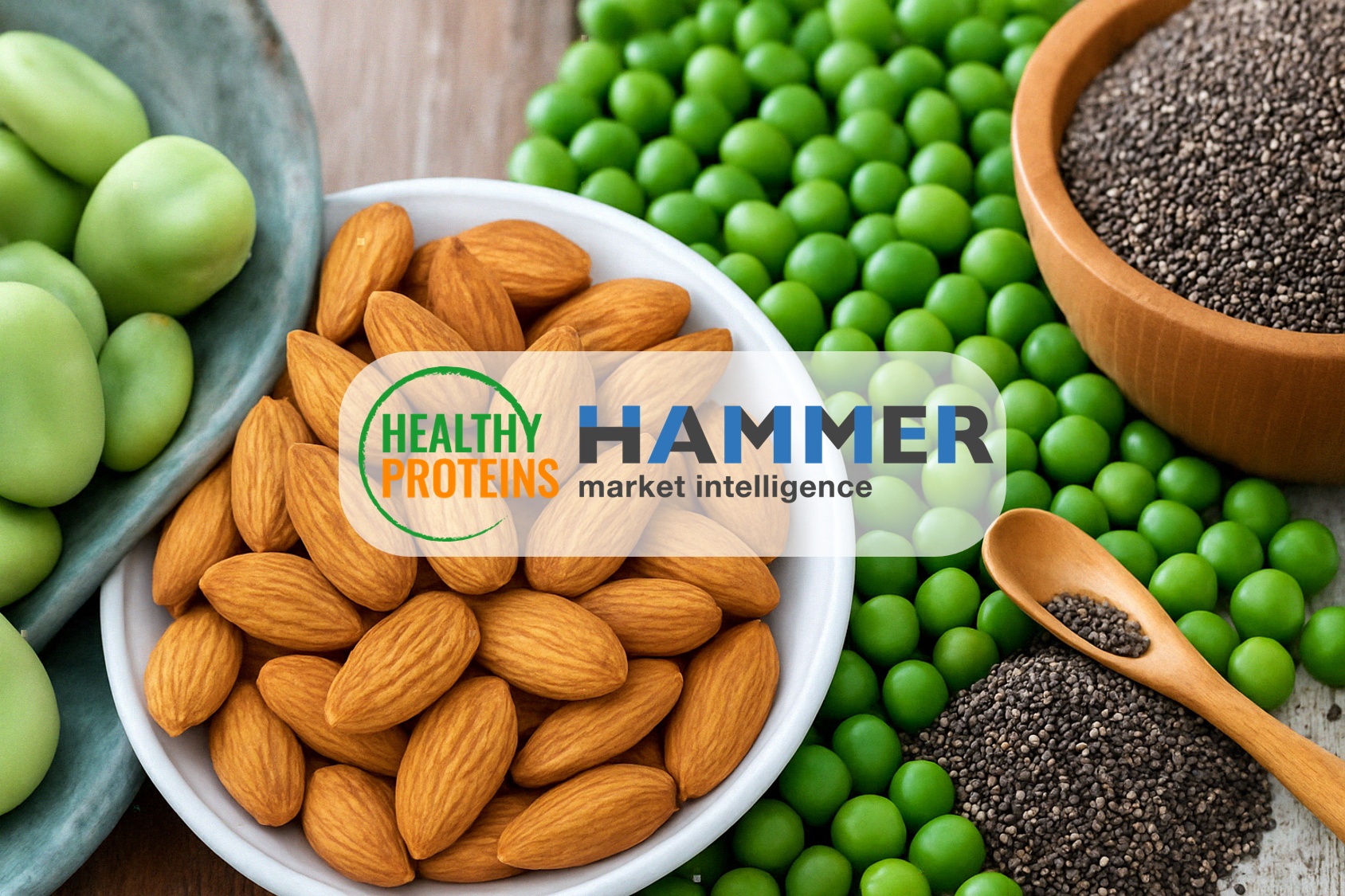Hammer analysis | Mixed sentiment in the German dairy sector
Key insights
- Germany is leading EU milk producer in terms of volume
- Differences per region in professionality and adoption of technology
- Despite negative sector sentiment, 42% of dairy farmers indicates to invest in their farm
- Legislation is perceived as most pivotal factor shaping the future of dairy farming
German dairy sector
Germany has a strong tradition of dairy farming, the sector plays a vital role in the country's rural economy and cultural heritage. Germany ranks first in terms of European milk production, producing 31.9 million metric ton of cow milk yearly. This massive volume is being produced by 3.8 million milking cows dispersed over approximately 54.400 dairy farms (Destatis, 2022). A German dairy farm has on average ~70 milking cows.
Germany's milk production landscape is divided among various regions, each with its own unique character. These range from small family-run farms, typically with fewer than 50 cows, to expansive operations accommodating over 1.000 cows. There are large differences between the regions in farm professionalism and adoption of technology. Notably, the Northern and Eastern federal regions are home to particularly large farms, whereas the Southern regions are distinguished by smaller, family-operated farms with fewer livestock. Most dairy farms (~60%) are located in the South of Germany.
Protests and negative sentiment
December 2023 and the beginning of 2024 were defined by farmer protests in Germany. In the search for savings, agriculture has been earmarked for an annual cut of nearly a billion euros. Farmers will no longer receive subsidies on agricultural diesel and tax exemptions for agricultural vehicles. According to the spokesmen of the German Dairy Farmers Association (BDM), the protests extend beyond issues concerning diesel and tax breaks. While the announcement of subsidy cuts served as a catalyst, it merely unveiled deeper concerns within the German agricultural sector (Unherd, 2023). The Netherlands and France have also seen farmer protests, although the reasons behind the protests differ.
German dairy farmers are quite negative regarding the outlook of the German dairy farming sector in general (Hammer research, 2023). Only 16% is positive about the future of the national dairy farming sector in the next five years. Regarding the future of their own operation the sentiment is less negative, 37% of the dairy farms is positive about the future of their own dairy farm. In conclusion, the sentiment for the next five years is dominantly negative on national sector level, but more neutral to positive on individual dairy farm level.

Investment behavior
Despite the current negative sentiment considering the national dairy sector, farmers are more positive on individual dairy farm level. The latter is also reflected in the investment behavior, still 42% of German dairy farmers indicate that they are planning to invest in their farm operations in the next two years. Those farmers intending to invest typically operate larger farms, with an average of 170 cows, compared to non-investors, who average 140 cows.
However, the absolute investment percentage of 42% appears relatively low compared to other European countries like France, where nearly 60% of farmers intend to invest in their dairy farms within the same timeframe. Looking over the European borders we encounter countries such as Brazil, where investment intentions are 70%, offering ample growth opportunities. Denmark, with 43% does have similar investment percentage compared with Germany (Hammer research, 2023).
Of the German dairy farmers that will invest in their dairy farm in the next two years, 34% will invest in farm facilities, while 23% indicate that the investment will be in robotics (feed, manure or milking). Another 16% indicates to be investing in employees, underpinning the need for labor saving robotics and technologies.
Hammer research also reveals that legislation (51%) is, according to the dairy farmers, by far the most pivotal topic influencing the future of their farm in the coming years. To turn the sentiment, clarity on legislation and regulations is needed, so farmers will know how their future will look like.
The second most important topic is sustainability with 20%. Societal pressure and animal welfare follow with 16% and 7% respectively (Hammer research, 2023). Suppliers offering sustainable farming practices, renewable energy solutions, and waste management systems can capitalize on the increasing emphasis on sustainability within the dairy industry. German dairy farmers are increasingly adopting eco-friendly practices to minimize their environmental footprint.

Harness market opportunities
We learned that 34% of the German dairy farmers that plan to invest in their farm will improve or renew their farm facilities (physical infrastructure). 23% will invest in robotics (feed, manure and milking) while another 16% indicates to be investing in employees, underpinning the need for labor saving robotics and technologies.
While the German dairy sector faces challenges in a dynamic market environment, it also presents sufficient opportunities for further growth and innovation. Embracing leading technologies like robotics and farm management software is essential for maximizing dairy farm operations. These innovations not only boost yields and profitability in the long run but also drive significant enhancements in farm efficiency and competitiveness.
Recent blog posts

Supporting HealthyProteins in shaping strategic focus for growth

How Data Science is Revolutionizing Market Intelligence | 6 Game-Changing Uses


